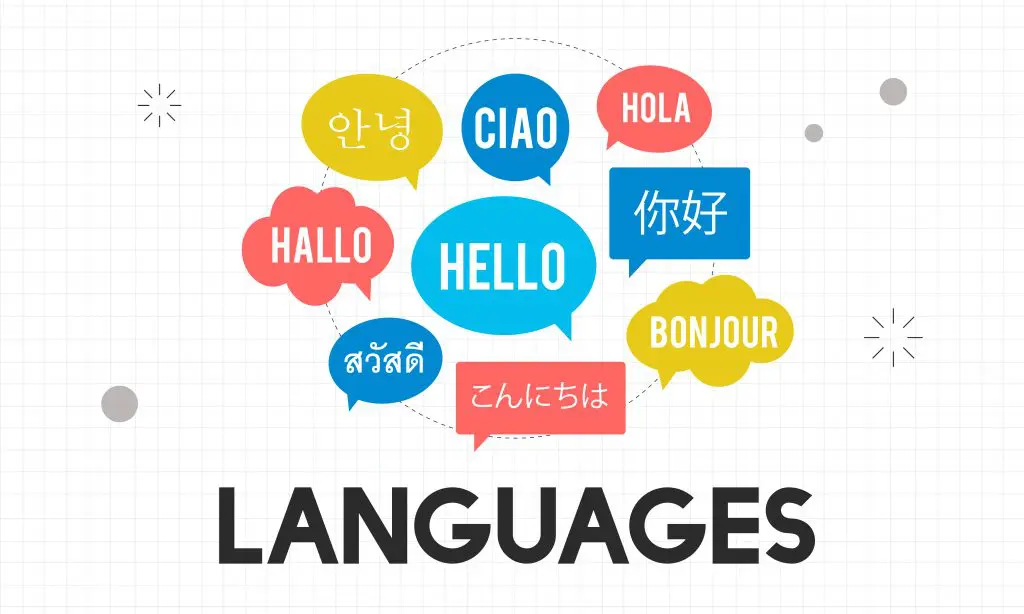What to consider when assigning translating jobs
Beforehand
If you are writing the text intended for translation yourself or are able to have an influence on it, then try and ensure clear, easily comprehensible language. The quality of the source text is the most decisive factor for the quality of the translation.
Set aside sufficient time for the translation. Set a delivery deadline that allows the translator to complete the job without being rushed and leaves enough time for any questions to be answered.
In this context, I would also like to mention urgent translations: I am happy to carry out urgent jobs as long as I am able to deliver a good-quality translation in the short time frame available. However, if possible, texts that need to be perfectly formulated and may require consultation with you should not be sent as urgent translations ‘at the last minute’.
General information about translations
Translation is a complex process and mastering two languages is not enough on its own. The translator has to be able to understand the source text exactly and reproduce it in the target language in a precise and fluent manner.
Knowledge relevant to the subject matter is essential, especially when translating specialist texts. However, even general texts can present plenty of potential stumbling blocks, such as false friends and other interferences from the source language. It is also possible for a source text to be easy to understand, yet difficult to translate.
Professional translators have learned to tackle these kinds of problems as a matter of routine, which is why you should only entrust an experienced translator with your translation job. A bad translation can cause irritation and, not least, lead to considerable follow-up costs. Clarifying misunderstandings will cost you vital time. Clumsily translated advertising texts will damage your reputation. Unclear user manuals will bring your products into disrepute and anger your customers, not to mention the potential questions of liability which could arise. In the end, it is often necessary to revise or completely retranslate the text.
How can you find a translator?
You will of course be best placed to make the right decision if you have a larger translation volume and sufficient time available. In this case, you can send a previously selected translator an initial extract from the text to give you an idea of what it is like to work with them and help you decide whether you are satisfied with their service.
You can also look to third-party recommendations, professional experience, memberships in relevant professional associations (BDÜ, ADÜ-Nord, ITI, etc.) as well as education and training as indications of a professional translator.
In the case of specialist translations, ask the translator whether they are familiar with the subject area in question.
Do not make the price your main criterion when choosing a translator. Compare the prices, but make sure that the translator you choose is a professional. They are often ‘not cheap’, but a good translation requires time for research and proper formulation. The time spent on the translation ultimately determines the price of the job.
Once you have found a translator,
provide them with all the information necessary for a good translation and answer any of their questions related to the job. Knowledge of the context will improve the quality of the translation.
tell them the target audience of the translation so that they can optimise the text for its intended readership.
let the translator know if you were pleased with their work, but also communicate any problems. This will allow the translator to accommodate your specific needs in future jobs.

